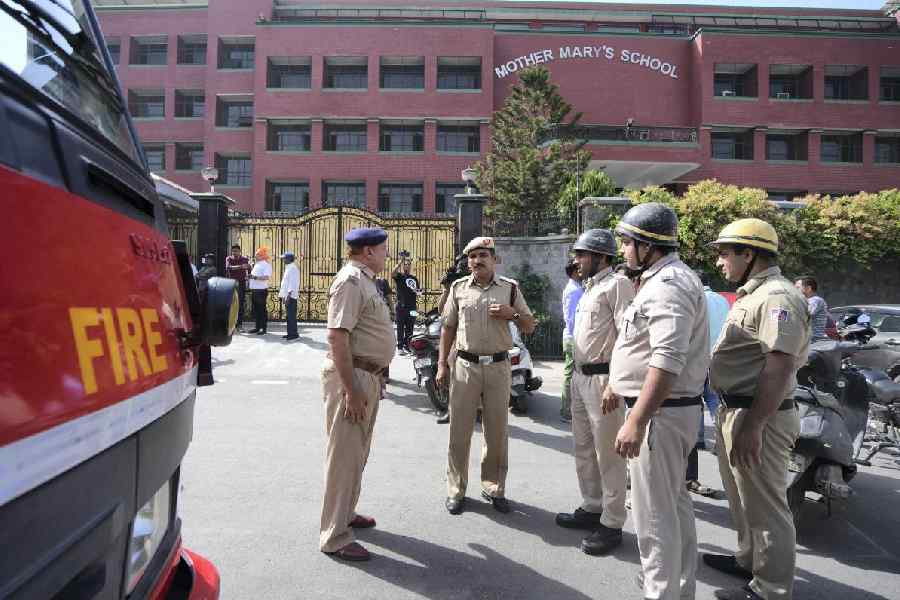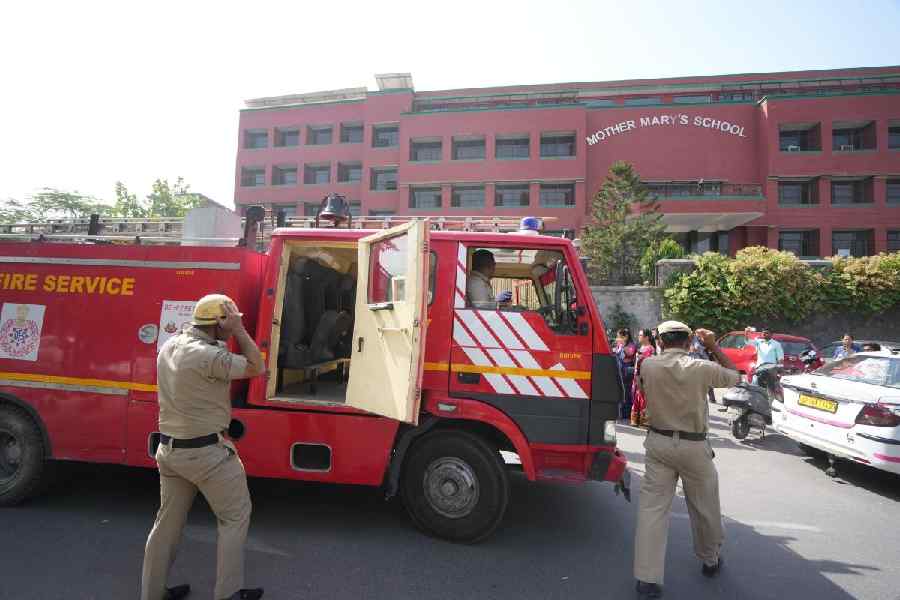It was a smart move by billionaire Gautam Adani when he cut his losses and hastily exited from Myanmar’s key Sittwe port. He’d invested $195-million in the Bay of Bengal port. But after the 2021 military coup and rebel resistance intensified, Adani sold the project last year for $30 million to a local firm, Solar Energy. As it turns out, that looks like an excellent decision.
Today, Sittwe is one of the frontlines between the Myanmar army and the Arakan Army (AA) rebels who are waging a “revolutionary war” against the junta and are within a few kilometres of the capital of Rakhine state. The rebels have systematically seized all the small towns around the city and in Rakhine province and are now poised for a final thrust in the bitter battle with the military rulers who India has been supporting.
The standoff between the Tatmadaw, as the internationally sanctioned military is known, and the rebels adds up to more uncertainty and insecurity for India. It's hoping to use Sittwe to promote trade and connectivity with our own northeast and also boost trade with Myanmar.
For now the rebels are holding back from making a final strike on Sittwe. One reason, say analysts, may be worry that the Myanmar air force will bomb the city once they enter and cause widespread civilian casualties.
Says one regional analyst: "The AA can attack any time they want. But if and when they do it, they’re likely to trigger punitive air attacks targeting civilians. The army has been using that as a war tactic." He adds: “The rebels may be biding their time and waiting for a more propitious moment."
Ever since its independence, Myanmar has mostly been ruled by military governments of one sort or another. But the current rulers are more brutal than any before them. It’s also the weakest government the country has ever had and already appears to have lost control of several provinces. The increasingly desperate rulers have even introduced conscription which is deeply unpopular and which has youngsters queuing up at the Thai embassy for visas so they can get out of the country and escape army service.
Ever since it seized power in February 2021, the government has been promising to hold elections quickly. This week, it admitted that elections would not be possible in many parts of the country.
Says another analyst who has worked in the country, "I have been saying for several months that the junta leader, Min Aung Hlaing, won’t be able to hold elections due to the prevailing security situation and the sullen mood of the people. The public announcement is an admission of how badly the junta is struggling in this conflict."
On the border with China, the government has lost control of Shan state. Even worse for it: several rebel groups have come together in a loose alliance called Operation 1027 (because the deal was struck on October 27). Since then, the rebel forces appear to have gained strength and had one success after another.
But most important, from the Indian point of view, is Rakhine province which has Sittwe as its most strategically key city. Rakhine (or Arakan as it was originally called) has a border with Bangladesh and there were estimated to be around 500,000 Muslim Rohingyas amongst the state’s 3 million population – though many more Rohingyas are believed to have fled now.
The Arakan Army is almost entirely made up of Buddhists who dislike the Rohingyas but who have promised not to victimise them. "The AA has been playing a smart tactical game so far," says an analyst. One fear for both India and Bangladesh is that an AA victory would lead to a huge influx of Rohingyas into both countries.
To get an idea of how the rebels have turned the tables on the junta, cross from Rakhine into next-door Chin state which borders India. Here, the rebels have used a fleet of low-cost but effective drones to launch devastating attacks on army camps. The drones destroyed an army base in Lailenpi and also several other camps.
Indian Army officers say that between November and January, around 400 Myanmar troops crossed the border and fled into India. According to one estimate, the rebel Chin National Army (CNA) has thousands of drones – some costing as little as $400. They’re now said to control 70 per cent of Chin state. Last November, Chin rebels seized one military camp after another. They are also thought to control the border areas with India – and that could allow them a route by which to accumulate more arms.
Travel a bit further to Shan province which has a long border with China. Here, the junta has been forced out of the most prosperous towns. (It insists it let them fall because it didn’t want to have fighting so close to China). The ethnic-Bamar dominated junta has also lost control of the border areas from where trade between Myanmar and China takes place including Laukkai, which was a base for Chinese mafia operators.
But, for now, Rakhine is the key state that’s in play. The chances now look high that the rebels will seize control of the entire state as they are already in control of an estimated three-quarters of it. Both China and India have interests in this region and the Chinese have been helping the AA with arms and ammunition. India, by contrast, initially put its money on the junta and appears to still be backing it.
However, this may now be changing and the AA is playing it smart, potentially leaving face-saving room for us to get into the game.
Why is Rakhine so crucial for India? It’s because Sittwe is the key element in what's called Kaladan Multi-Modal Transit Transportation project which is about linking Calcutta to Sittwe. From Sittwe, products would travel by canal and road and create a faster link to India's northeast.
The port right now though looks like a lost cause for India until events settle in Myanmar. It was only 11 months ago that India and Myanmar declared the opening of Sittwe port which would have provided a less costly transportation route to the Northeast and served as a further building block to create links between India and other Myanmarese cities. But now the site is a muddy mess according to reports from the area as a result of battles in the area between the army and rebels. The rebels are said to control key parts of the port.
For China, which has been playing both sides of the coin with the junta and the rebels, Rakhine state is even more vital. The Chinese have been has been working in fits and starts on the $7.3-billion mega Kyaukphyu port project that could give it a base of its own in the Bay of Bengal. It’s also building oil pipelines that will connect Kyaukphyu with China's Yunnan province. Says one Indian analyst: “The Chinese are walking all sides of the street in Myanmar, arming the rebels, hosting peace talks and supporting the Tatmadaw internationally.”
For the Chinese, the pipelines would give Beijing a chance to escape the risk of being shut out of the Indian Ocean by a blockade of the Malacca straits in the event of hostilities between the West and China. A large percentage of China’s exports and imports pass through the Indian Ocean and a huge percentage of its oil too. “A base here would change the strategic dynamics of the Bay of Bengal and give the Chinese a presence uncomfortably close to the Andaman Islands,” said the analyst who resided in Myanmar. For India too, Sittwe would be a strategic outpost in the Bay of Bengal.
It’s all looking like India may need to reach out to the AA and other rebels and cool its support for the junta or at least be more even-handed depending on how events unfold. There’s a strong likelihood the Arakan Army will take over Rakhine province, according to observers who know the country and region well.
India has, for a long time, backed the Min Aung Hlaing regime. The Arakan Army is keen to get Indian support but it’s not clear if we’re responding strongly enough. Says one analyst: “We remain wedded to a sinking ship.”










